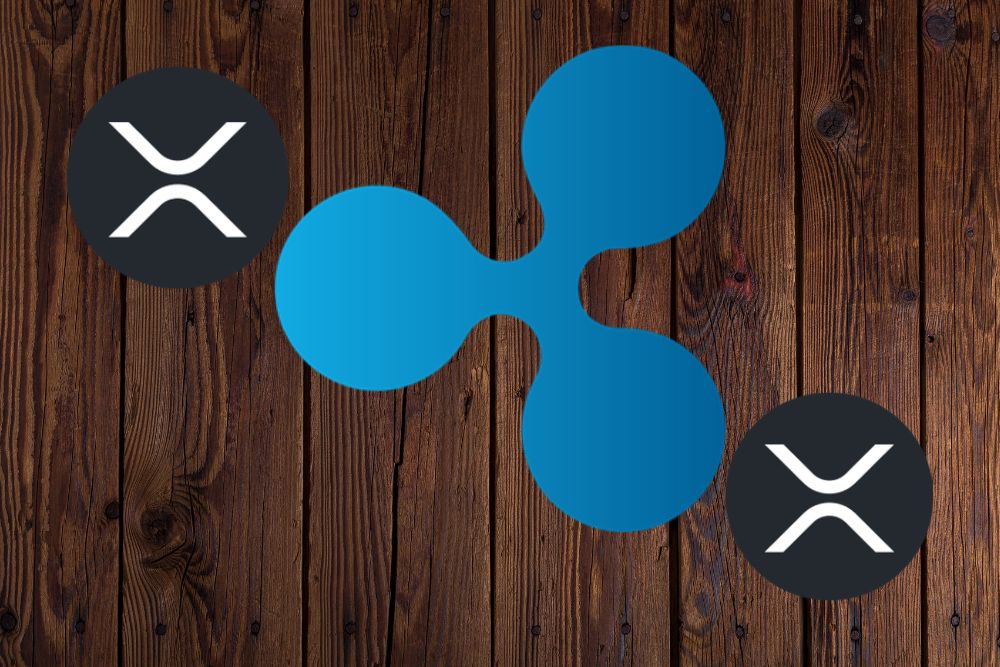

Ripple has taken a significant step forward by adding China and Hong Kong to its list of supported banks.
Shared on X by JackTheRippler (@RippleXrpie), this move is seen as a substantial expansion of Ripple’s global reach, particularly in Asia, where financial institutions increasingly explore blockchain technology to improve cross-border payment efficiency.
The addition of these banks shows Ripple’s growing influence and highlights the rising importance of digital assets in traditional financial systems.
Ripple, a leading blockchain-based payment protocol, is well-known for the digital asset XRP designed to facilitate fast and cost-effective international money transfers. With the inclusion of banks from China and Hong Kong, Ripple is expanding its ability to streamline the remittance process between these regions and the rest of the world.
The integration of these banks suggests that Ripple is positioning itself as a key player in the financial infrastructure of Asia, especially in regions with high demand for efficient and secure cross-border transactions.
JackTheRippler emphasized the significance of this development by stating, “Ripple essentially works with every bank in China and Hong Kong. All these banks will use XRP to transfer money from A to B!”
His statement highlights the potential for widespread adoption of XRP among major financial institutions in these regions, a move that could considerably enhance liquidity and reduce transaction costs on a global scale.
The addition of Chinese and Hong Kong banks to Ripple’s network is particularly noteworthy given the size and influence of these financial markets. China’s banking system is one of the largest in the world, with a vast network of institutions that manage trillions of dollars in assets. Similarly, Hong Kong is a major global financial hub, serving as a gateway between East and West.
Ripple has made significant strides in East Asia through partnerships with major financial institutions like SBI Group. By enabling banks in Hong Kong and China to utilize XRP for cross-border transactions, Ripple is effectively integrating its technology into some of the most critical financial ecosystems in the world.
Moreover, the implications of this development extend beyond just enhancing payment processing efficiency. It represents a broader shift towards the digitization of the global economy, where blockchain technology and digital currencies are playing an increasingly central role.
Ripple’s collaboration with Chinese and Hong Kong banks demonstrates how traditional financial institutions are beginning to embrace innovative technologies to stay competitive in a rapidly evolving financial landscape.
Disclaimer: This content is meant to inform and should not be considered financial advice. The views expressed in this article may include the author’s personal opinions and do not represent Times Tabloid’s opinion. Readers are urged to do in-depth research before making any investment decisions. Any action taken by the reader is strictly at their own risk. Times Tabloid is not responsible for any financial losses.
Crypto market commentator Remi Relief (@RemiReliefX) has made a bullish prediction regarding XRP, citing key…
Crypto commentator and XRP advocate All Things XRP has released a provocative theory on X,…
In the current turmoil in the global financial market, especially the sharp decline of US…
Crypto analyst Ali has shared fresh data highlighting a significant bullish sentiment among Binance traders…
Crypto market analyst EGRAG Crypto has published a technical analysis update on XRP, accompanied by…
The ongoing crash in XRP’s price is doing more than draining portfolios — it’s drawing…